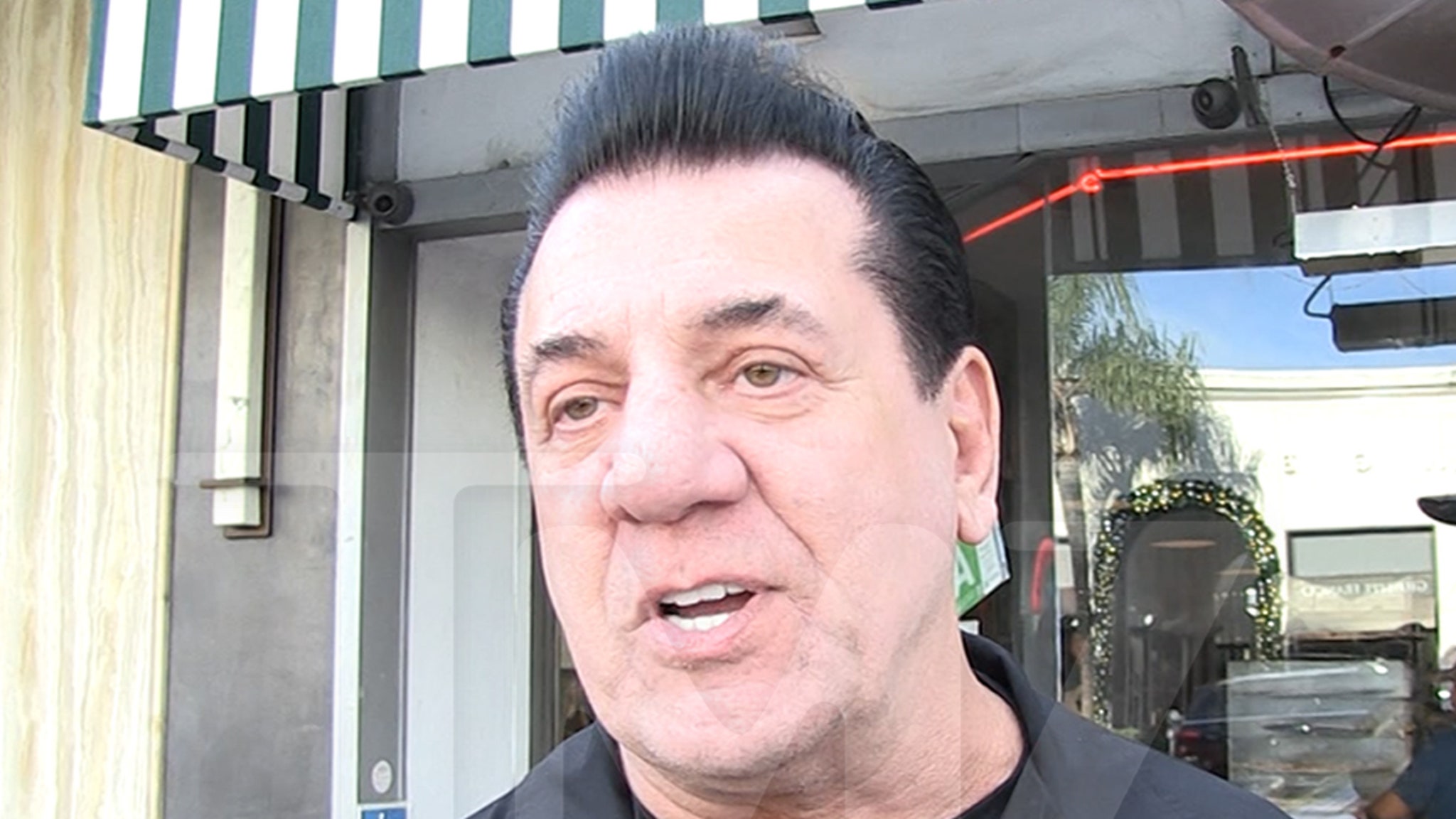Celebrity
Former MTV VJ Ananda Lewis’ Cancer Has Progressed to Stage 4

TV personality Ananda Lewis is sharing a major update in her cancer journey.
While chatting with friends Stephanie Elam and Sara Sidner for a CNN sit-down discussion on Tuesday, October 15, Lewis, 51, revealed that her breast cancer has progressed to stage IV. The former MTV VJ announced she had stage III cancer in 2020 but went against doctors’ recommendations to undergo a double mastectomy.
“My plan at first was to get out excessive toxins in my body. I felt like my body is intelligent, I know that to be true. Our bodies are brilliantly made,” she shared. “I decided to keep my tumor and try to work it out of my body a different way. Looking back on that, I go, ‘You know what? Maybe I should have.’”
In a voice-over, Elam, 50, explained that Lewis saw improvement in her health after turning to “aggressive homeopathic therapies” and changing her diet and sleep habits, on top of receiving “traditional medication and radiation.” However, her cancer continued to grow, leading her to discover it had become stage IV last year.
“My lymph system really flared up. And so, all through my abdomen, all those lymphs were very flared up, my collar bone,” Lewis stated. “It was the first time I ever had a conversation with death because I felt like, ‘This is how it ends.’ You know, I was like, ‘OK, so I don’t get afraid of things.’”
She continued: “I was just like, ‘Fudge, man, I really thought I had this.’ I was frustrated, I was a little angry at myself, and I said, ‘Man, listen. I know you’re coming for me at some point. But I don’t want it to be now. And if you could just wait, I promise when you do come, I’m gonna make it fun for you.’ … I literally had that conversation lying in my bed. I couldn’t get out of bed for, like, eight weeks.”
Lewis went on to explain the reasoning behind her health decisions, highlighting that her “quality of life was very important” to her. “There’s certain things I know I’m not gonna be OK with, and I know myself. I want to want to be here, and so, I had to do it a certain way, for me,” she said.
Sidner, 52 is also currently battling breast cancer. Elam praised both her fellow CNN reporter and Lewis while sharing their interview via Instagram on Tuesday, writing, “These two are my sisters, my chosen family. We are there for each other in the good and the bad. So when they both began their breast cancer journeys, I didn’t know how best to support them and I also realized I had no idea what modern cancer treatment looks like.”
Elam added: “If we can get just one woman to get their mammogram because of this conversation, that’s success. I want everyone to live long, healthy lives.”
Lewis famously served as an MTV VJ (a.k.a. video jockey) in the late ‘90s through 2001, before which she served as a host on BET’s Teen Summit. She went on to host her eponymous talk show, which ran for two seasons from 2001 to 2002.
While announcing her breast cancer diagnosis via Instagram in 2020, Lewis said that refusing to get mammograms for several years due to fear of radiation causing her to develop cancer was a “mistake.”
“If I had done the mammograms from the time they were recommended when I turned 40, they would have caught the tumor in my breast year before I caught it through my own breast exam, self-exam, and thermography,” she stated. “And they would have caught it at a place where it was more manageable, where the treatment of it would have been a little easier.”
Important note: “If you are thinking about using an alternative method instead of standard treatment, be sure to talk to your doctor first. It can be a challenge to find trustworthy information about the safety and effectiveness of alternative treatments. Also, some of these treatments can require a lot of time and money, and they may require travel away from your family and friends,” the American Cancer Society cautions on its website. “Choosing alternative treatment instead of mainstream cancer treatments might put you at serious risk. Delays or interruptions in standard treatment can give the cancer more time to grow. Even early stage cancers can become hard to treat successfully if proven treatment is delayed long enough.”






















